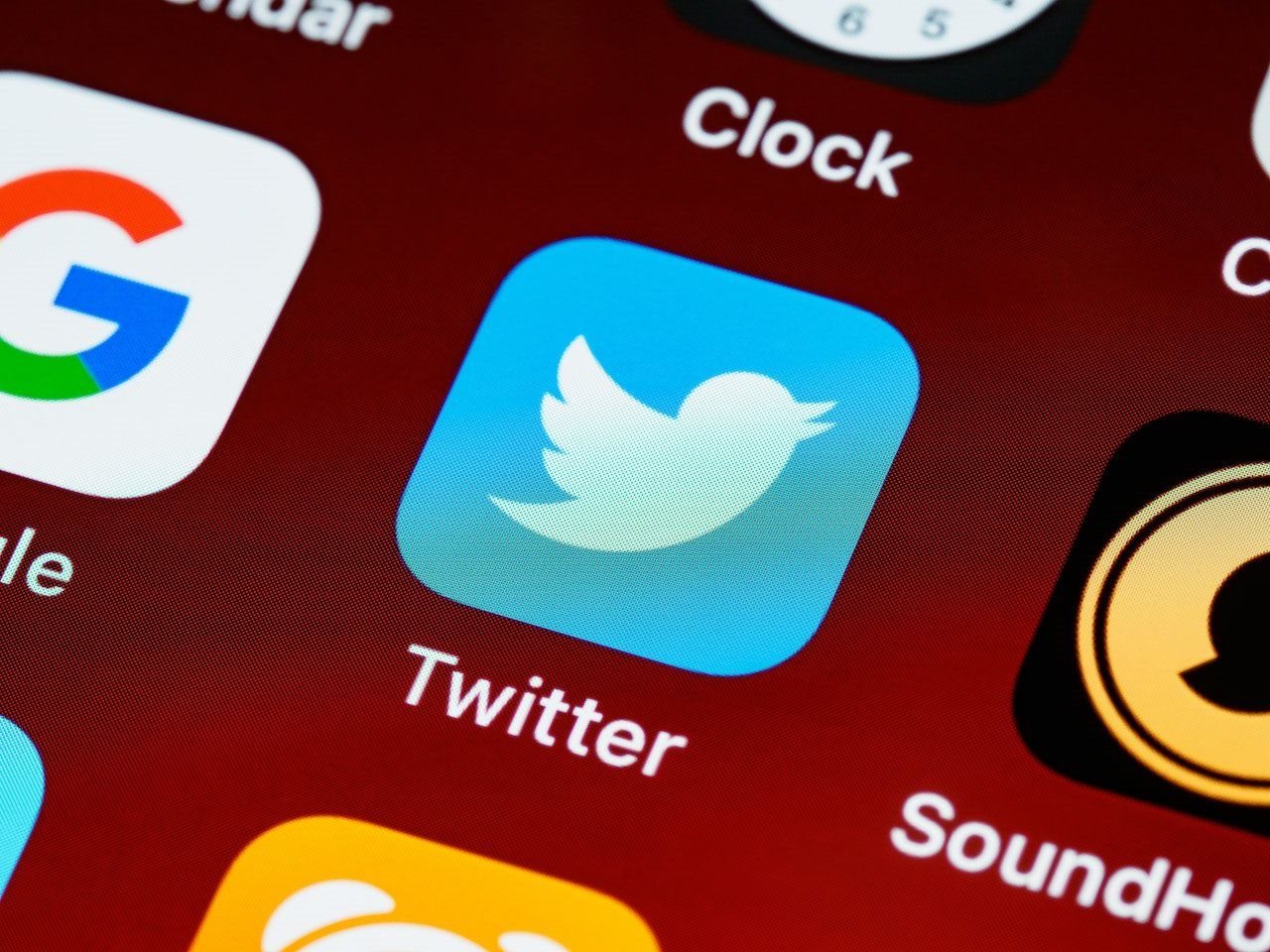
While brokering his $44bn Twitter, Inc. takeover deal in October 2022, Musk hinted at a name change by tweeting that “buying Twitter is an accelerant to creating X, the everything app”.
Buying Twitter is an accelerant to creating X, the everything app
— Elon Musk (@elonmusk) October 4, 2022
In April 2023, he took a further step when he folded Twitter, Inc. into X Corp (whose parent is X Holdings Corp). Therefore, the recent announcement of Twitter’s rebranding to X is clearly more calculated and less of a whim than people initially thought. Musk also founded a company called X.com before it merged with PayPal in 2000 and owns the x.com domain name, which he repurchased from PayPal on 5 July 2017, and which domain name now redirects to the twitter.com website.
It is certainly not free for anyone to use.
Twitter is one of the top five most recognised social media brands in the western world and it would be surprising if the Twitter, Bird Logo, Tweet and Retweet trade marks (the Twitter trade marks) disappear entirely from common parlance soon.
The Twitter trade marks are registered and used in numerous countries across the globe in respect of various goods and services. Trade marks are territorial and each country or territory has its own trade mark registration period, which means that the Twitter trade marks may, in some countries, even be valid for the next 10 years. At the relevant time of renewal, X Corp may decide to allow the Twitter trade marks to lapse or to renew them for a further period.
Importantly, as long as the Twitter trade marks are registered, any third-party use of identical or confusingly similar trade marks will constitute trade mark infringement and may lead to legal action.
Most, if not all, countries also have use requirements in terms of which registered trade marks become vulnerable to cancellation by third parties based on non-use after a certain period. For example, in most countries, in order to stave off non-use cancellation proceedings, the Bird Logo will have to be used at least once every five years. This use could be in combination with X and certainly doesn’t have to be used as the company’s name per se. It does, however, have to be genuine trade mark use, in the country where the trade mark is registered and to further the commercial trade of the goods or services offered under the trade mark in question.
With this in mind, it wouldn’t be surprising if, now and again, the Bird Logo pops up in the background of the app logo for the social media platform or if Twitter is used to brand a sub-category of X’s services, such as the provision of online entertainment or a blogging platform.
The short of the long is that the Twitter trade marks will not easily or quickly lose their distinctiveness and the trade mark registrations will likely remain in force for many more years.
It’s improbable to happen.
For as long as the Twitter trade marks are registered, anyone attempting to adopt and use them will open themselves up to a trade mark infringement case.
In addition to the trade marks, X Corp is the copyright owner of its Bird Logo. Therefore, it would be entitled to claim copyright infringement against any third party who copies and uses an identical or similar design. In the United States, the general rule is that copyright protection lasts for the life of the author plus an additional 70 years. There is still a fair bit of lifetime on the copyright in the Twitter trade marks.
Public records reflect the registrant of the twitter.com and twitter.co.za domain names to be Twitter, Inc. (we expect the registrant details to be updated from Twitter, Inc. to X Corp at the time of renewal). These domain names also link to the website http://twitter.com. Domain names are renewed annually and X Corp could, therefore, also own these in perpetuity.
Unlike trade marks, there is no requirement to use domain names or the elements of a domain name (eg. Twitter) as a trade mark, and X Corp could therefore retain these domain names without ever using the Twitter trade marks or the domain names in the future.

Registration and enforcement of this trade mark could be tricky.
Twitter / X has been the most headline-grabbing and talked about acquisition and subsequent rebrand in the last year. Although it could be argued to be a loss from a branding perspective due to its piecemeal nature, to date, it has undoubtedly been a marketing success.
Most brands take years to become well-known, but “X” has arguably acquired that status in just a week.
Much has been made about the fact that Musk announced Twitter’s rebranding to “X” before securing trade mark rights to “X”, which, although surprising from a brand protection perspective, makes sense considering that, according to Musk, the crowdsourced “X” logo currently on the website is an “interim” logo only.
The purpose of a trade mark is to distinguish the goods and services of one company from those goods and services provided by another. There are hundreds of companies offering many different services under “X” as a trade mark, including Microsoft and Meta. If these companies consider Musk’s X to be too similar to their “X” trade marks and used in respect of goods or services that are too closely related to goods and services in respect of which they are using or have registered their “X” trade marks, they could institute trade mark infringement proceedings against X Corp.
It will be a long and expensive road for X Corp to seek to register and put itself in a position to enforce the “X” trade mark.
Critics have also commented that the move from Twitter to X is risky for the business as advertisers may be reluctant to advertise on the platform after it has undone years of branding. However, Musk made it clear in a tweet that “Twitter was acquired by X Corp…as an accelerant for X, the everything app” and that it “is not simply a company renaming itself, but doing the same thing”, ie. it will be doing a different thing!
From a trade mark enforcement perspective, the sticky word here is “everything”. Considering the omnipresence of stylised letter X logos on trade mark registries worldwide, and given the myriad of goods and services that Musk intends to offer under the X brand, it would be a stretch for X Corp to gain broad rights to X worldwide.
Even if X Corp can acquire trade mark rights to “X” in its primary service and product categories, it would be difficult to prevent others from using X in respect of other goods or services such as, for example, computer equipment, restaurant or construction services (unlike Twitter, which would have given them carte blanche in terms of enforcement due to the well-known nature of the mark).
Was this a good move? Only time will tell – a good strategy is always judged in hindsight.